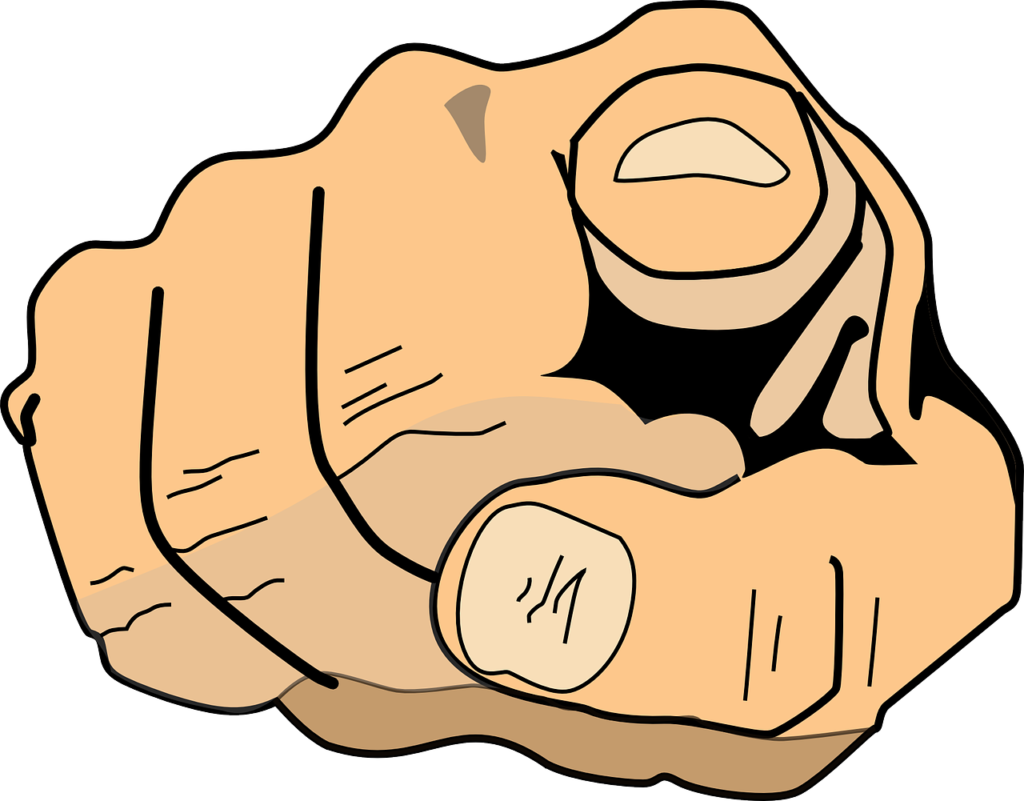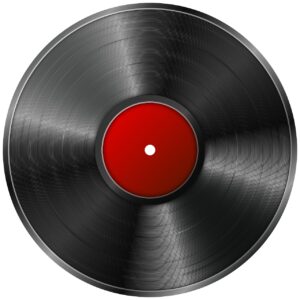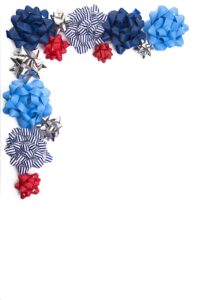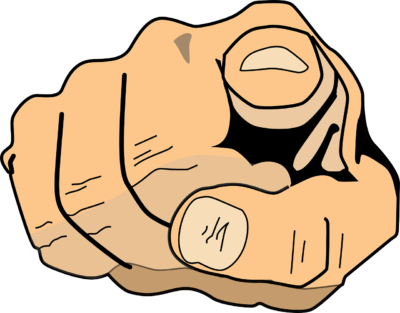 The vowels O and U are both commonly used very often in the English language, both separately and together. Ou is for you because it is one of the pronunciations for this letter combination. In this article, we will first examine the letter O, then the letter U, and we will examine how the two letters are used together.
The vowels O and U are both commonly used very often in the English language, both separately and together. Ou is for you because it is one of the pronunciations for this letter combination. In this article, we will first examine the letter O, then the letter U, and we will examine how the two letters are used together.
O Is Just Another Vowel
 By itself, although very commonly used, the letter O is just another vowel. It has a long sound, which, like other vowels, says its own name. Some examples: Over, boat, goat, joke, and open. It also has a short sound. Some examples: On, off, job, clock, dollar, hot, spot, and offer.
By itself, although very commonly used, the letter O is just another vowel. It has a long sound, which, like other vowels, says its own name. Some examples: Over, boat, goat, joke, and open. It also has a short sound. Some examples: On, off, job, clock, dollar, hot, spot, and offer.
For the most part, the long and short sounds of the letter O are the same, except when the letter T precedes it and the O sometimes sounds like the letter U. For example, To, toward, and together.
Other exceptions are the words move and movie. In those words, the O is also pronounced like one of the long sounds of the U.
Sometimes the letter O is pronounced like the short sound of a U in words such as other and mother.
I have no idea why.
One thing is for sure. English is full of exceptions.
The Letter U Is Also Just Another Vowel
 Yes, it’s just another vowel but it has more variartions regarding the long sound(s). Yes, it says its own name in such words as united, use, union, cube, confuse, juice, and usurp. However, more commonly, it has a pronunciation all its own in such words as tube, glue, dude, and Uber.
Yes, it’s just another vowel but it has more variartions regarding the long sound(s). Yes, it says its own name in such words as united, use, union, cube, confuse, juice, and usurp. However, more commonly, it has a pronunciation all its own in such words as tube, glue, dude, and Uber.
This is a source of confusion for people whose first language is one other than English.
U also has a short sound and can be heard in such words as up, jump, such, cup, and umbrella.
If you are thoroughly confused, I completely understand why.
What About OO? This Can Be Confusing
There are two very distinct pronunciations for the double O (OO) combination, although, like just about everything in the English language, there are exceptions.
 One of the pronunciations makes the sound of a long U, although not the pronunciation where the U says its own name. No, that would be too simple and easy.
One of the pronunciations makes the sound of a long U, although not the pronunciation where the U says its own name. No, that would be too simple and easy.
It’s called a hard OO and resembles the sounds of words like tube, glue, dude, and Uber. Some examples: Boot, shoot, brood, moon, food and snooze.
Then, there is also what is known as a soft OO, which makes a sound all its own in words such as book, look, took, shook, foot, and soot.
If that’s not confusing enough, there are exceptions to the OO combination. For example the words blood and flood, which sound like the short sound of a U.
Now Let’s Talk About The Combination OU And More
 When these two letters are together in a word, they generally make two sounds, although like most everything in English, there are exceptions.
When these two letters are together in a word, they generally make two sounds, although like most everything in English, there are exceptions.
At this point, this should not be a surprise for you. In fact, two of the exceptions are in the previous sentence (should & you) and another is in this sentence (previous). Sometimes it seems there are more exceptions to the rules, than the rules themselves. I will talk more about that later.
One sound OU makes is pronounced similar to the combination of the letters OW and makes the sound of a howling dog. The words sound, round, arouse, ouch and pronounced are some examples.
Another sound this combination makes is pronounced like the long version of O, as in course, throrough, dough, although,and, of course there are exceptions. For example, in the word through, the OU sound like one of the long sounds of U as in you, and the words cough and trough, OU sounds like the short sound of the letter O.
Often times, the combination of the letters OW make the same sounds as OU, although there is not necessarily consistency regardng ths.
 For example the word bow, depeding on what is being referred to is pronounced both like the long soud of O and the sound of a howling dog. The bow on a wrapped gift is pronounced like the long O but when used as a verb, as is very common in Asian culture, when we bow, it is pronounced like a howling dog.
For example the word bow, depeding on what is being referred to is pronounced both like the long soud of O and the sound of a howling dog. The bow on a wrapped gift is pronounced like the long O but when used as a verb, as is very common in Asian culture, when we bow, it is pronounced like a howling dog.
Simply put, there are too many exceptions to list.
Lastly, there is the combination of OR which normally makes the sound of the long O and the letter R, just like it looks but, as usual, there’s an exception. For example, in word, the or are pronounced like the combination er or ur.
Perhaps, it’s apparent to you that will need help learning the crazy language of English. That’s where people like myself come in.
Conclusion
In the beginning of this article, I said ou is for you. Not only is it for the word you itself, it is for you to learn the multitude of variations and exceptions that apply to this simple, but understandably confusing combination of letters.
Don’t give up. You will understand but it will probably take time. There will come a time when it will become second nature to you. That probably won’t happen overnight.
To conclude, despite the confusion of trying to understand the letters O and U as well as the combination of the two together, it’s important to understad that they are both vital to the English language. I can’t imagine the English language without them.
I hope you find what is written here to be valuable.
Leave questions and comments below. I will promptly respond to them.
Watch the YouTube video that corresponds to this lesson


The English Language. Confusing learners for centuries.
‘ou’ on its own is a relatively sane combination, only having, as you rightly point out the ‘oo’ sound in ‘you’ and the ‘ow’ sound in, well, ‘sound.’
Of course ‘ou’ is found in the combination -ough which has a plethora of sounds.
plough – pl-ow
through – thr-oo
enough – en-uff
cough – c-off
though – th-o
ought – aw-t
thorough – thor-ah
lough – lo-ch (ch being a voiceless fricative, made at the back of the throat and certainly not a ck sound!)
hiccough – hic-up (now that’s a doozy!)
That, I suppose is a whole new lesson.
Simon
Thanks for your comments Simon. Yes, confusing the English language is. I tell my students all the time that English is a crazy language. I also try to explain why it is–because English is made of many different languages. Send me the confused people you know. I’ll help them.
KBob